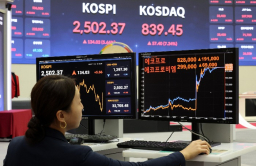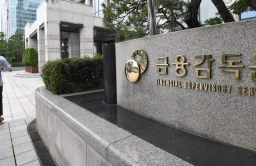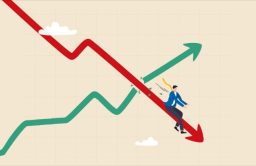-
KOSPI 2577.27 -2.21 -0.09%
-
KOSDAQ 722.52 -7.07 -0.97%
-
KOSPI200 341.49 +0.02 +0.01%
-
USD/KRW 1396 -2.00 0.14%
HSBC, BNP Paribas reported to Korean prosecutors for naked shorting
Short selling
HSBC, BNP Paribas reported to Korean prosecutors for naked shorting
The two foreign IBs are accused of violating S.Korea’s Capital Markets Act with illegal, naked short selling of Korean stocks
By
Dec 04, 2023 (Gmt+09:00)
3
Min read
News+
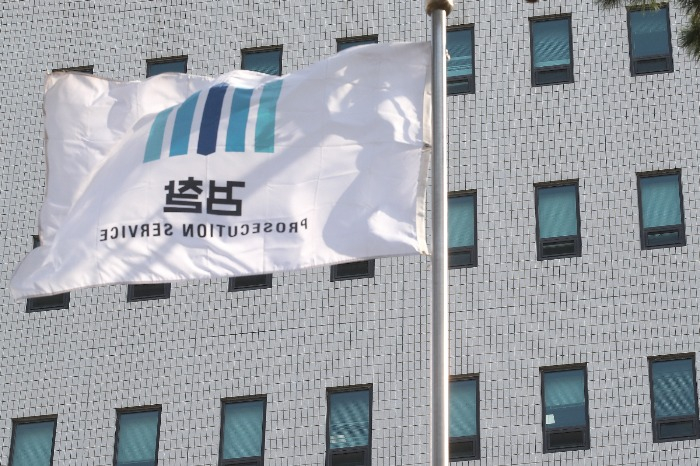
The Hongkong and Shanghai Banking Corporation Ltd. (HSBC) and BNP Paribas CIB have been reported to South Korean public prosecutors in violation of the country’s Capital Markets Act with naked short selling of Korean stocks.
On Sunday, lawyers from two local law firms – EK & Partners and Urideul – in Korea reported the two foreign banks’ Hong Kong operations to the Seoul Southern District Prosecutors’ Office, according to the country’s legal industry on Monday.
They accuse the investment banks of breaching Korea’s Capital Markets Act by ordering naked short selling of tens of billions of won worth of Korean stocks, a practice that “impairs fairness in the capital market.”
They are calling for the prosecution office’s swift investigation of the IBs’ illegitimate short-selling practices in cooperation with the Financial Supervisory Service (FSS) and Hong Kong authorities.
Naked short selling, in which investors sell shares without first borrowing them, is prohibited in Korea.
But the two foreign banks were found to have shorted 56 billion won ($43 million) worth of more than 100 Korean stocks, including Kakao Corp. and Hotel Shilla, without borrowing their shares, in 2021 and 2022.
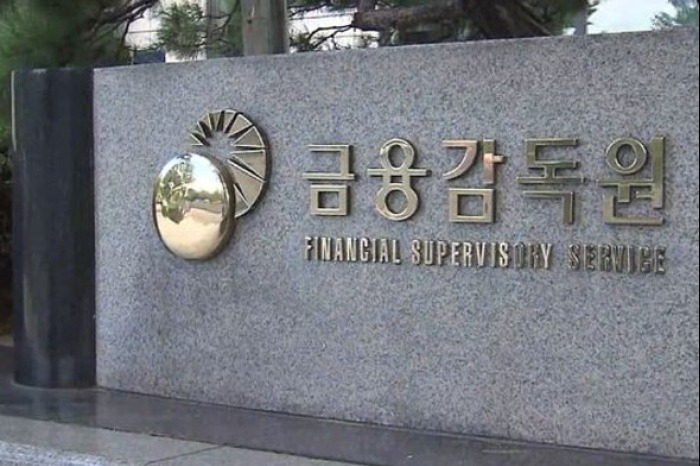
In mid-October, the Korean financial watchdog warned of slapping the Hong Kong operations of HSBC and BNP Paribas with the country’s largest-ever fines for their illegal short selling in the country’s public stock market.
The previous record-high financial penalty to date is 3.9 billion won imposed on Austria-based Erste Asset Management GmbH in March for naked short selling of EcoPro HN Co. shares worth 25.1 billion won.
A BLANKET BAN ON SHORT SELLING
About two weeks later, the FSS announced a plan for a wider crackdown on illegal short-selling trades by major foreign IBs amid growing naked shorting cases in recent three years – from 14 in 2021 to 28 in 2022 and 30 in the first nine months of this year.
The authority originally planned to form a special team of 20 investigators for the probe from Nov. 6 while asking for a joint investigation with regulators in Hong Kong and Singapore starting from the first quarter of 2024.
However, on Nov. 5, Korea’s top financial regulator the Financial Services Commission (FSC) abruptly issued a blanket ban on short selling in the country until at least June next year after an emergency meeting.
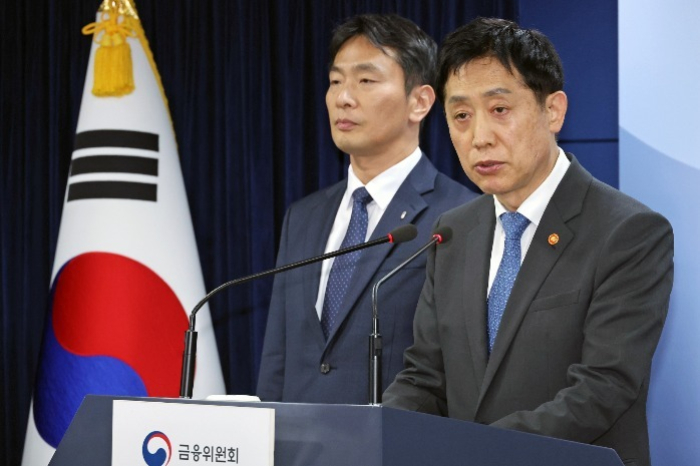
Only market makers and liquidity providers are allowed to short stocks, a legitimate stock trading that allows an investor to borrow a security, sell it on the open market and buy it back later for less to pocket the difference.
The surprise short-selling ban came in response to retail investors’ calls for a complete prohibition of short selling, often blamed for causing massive losses to individual investors with limited shorting options.
During the temporary suspension of short selling in the Korean public stock market, the financial authorities and the government will work together to come up with measures to upgrade the country’s short-selling trading system to level the playing field for investors.
This is the fourth time Asia’s fourth-largest economy has suspended short selling, following the ban in 2008 in the aftermath of the global financial meltdown, as well as in 2011 and 2020 to cushion the financial shocks from the liquidity crunch in Europe and the COVID-19 pandemic, respectively.
The country partially lifted the short-selling ban in May 2021 in response to strong demand from institutional and foreign investors to resume it.
Following the lifting of the ban, shorting on only 200 large-cap stocks on the main Kospi market and 150 stocks on the junior Kosdaq market had been allowed, while naked short selling remained illegal.
Write to Si-On Park at ushire908@hankyung.com
Sookyung Seo edited this article.
More To Read
-
Nov 06, 2023 (Gmt+09:00)
-
Oct 31, 2023 (Gmt+09:00)
-
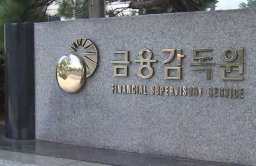 Korean stock marketHSBC, BNP Paribas to be fined for naked short sales in S.Korea
Korean stock marketHSBC, BNP Paribas to be fined for naked short sales in S.KoreaOct 15, 2023 (Gmt+09:00)
-
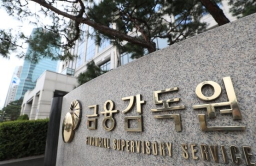 Korean stock marketKorea warns foreigners of stricter rules on illegal short selling
Korean stock marketKorea warns foreigners of stricter rules on illegal short sellingSep 07, 2023 (Gmt+09:00)
-
Sep 30, 2022 (Gmt+09:00)


